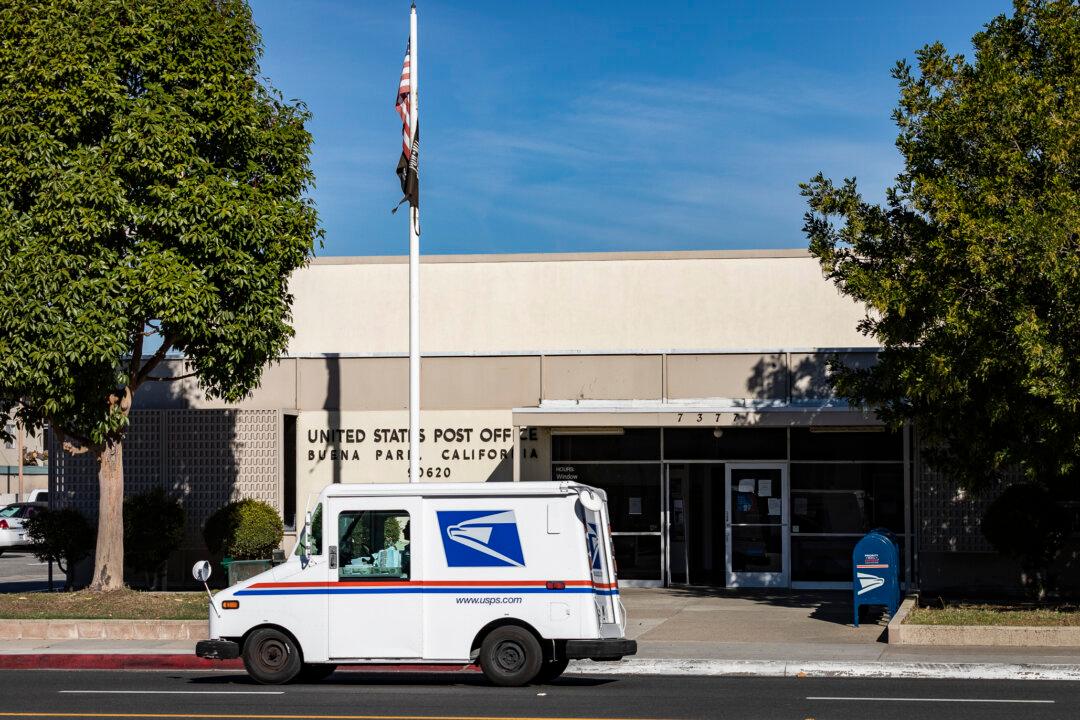The U.S. Postal Service (USPS) can continue to deliver abortion pills across the United States even after the Supreme Court has overturned Roe v. Wade in June 2022, the Department of Justice (DOJ) said in a legal opinion on Tuesday.
The memorandum opinion (pdf) from the DOJ’s Office of Legal Counsel was sought by the USPS, which had asked the office whether section 1461 of title 18 of the United States Code “prohibits the mailing of mifepristone and misoprostol,” which are two prescription drugs commonly used to terminate early pregnancies.




